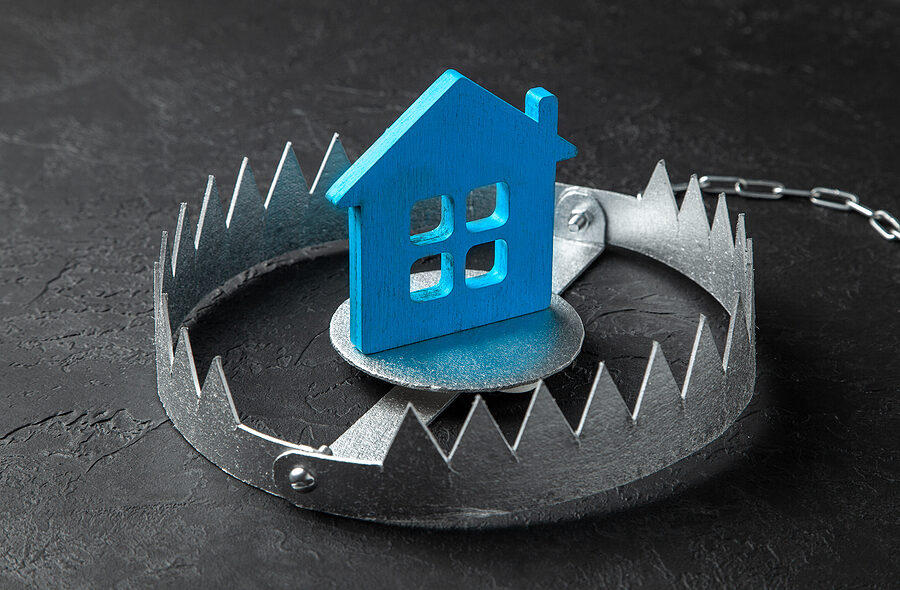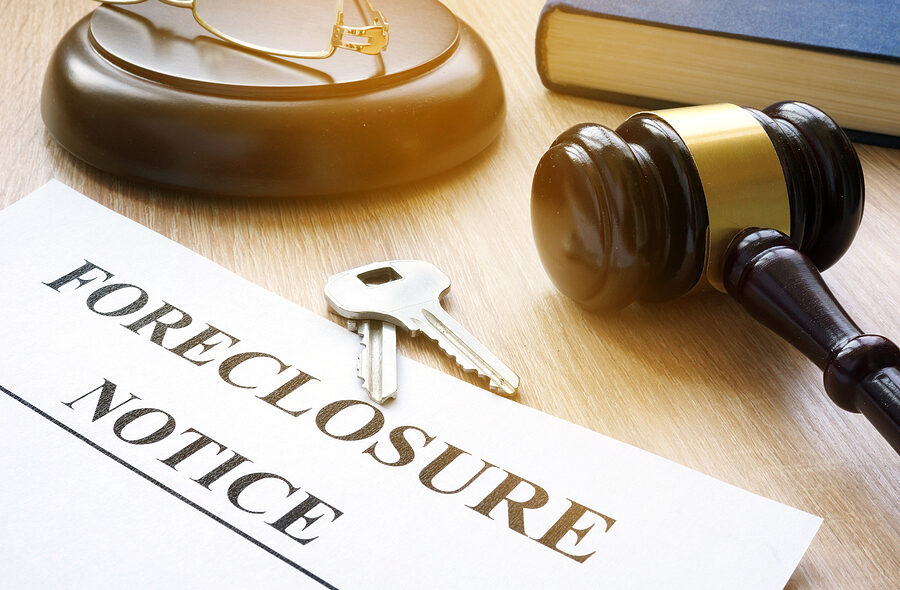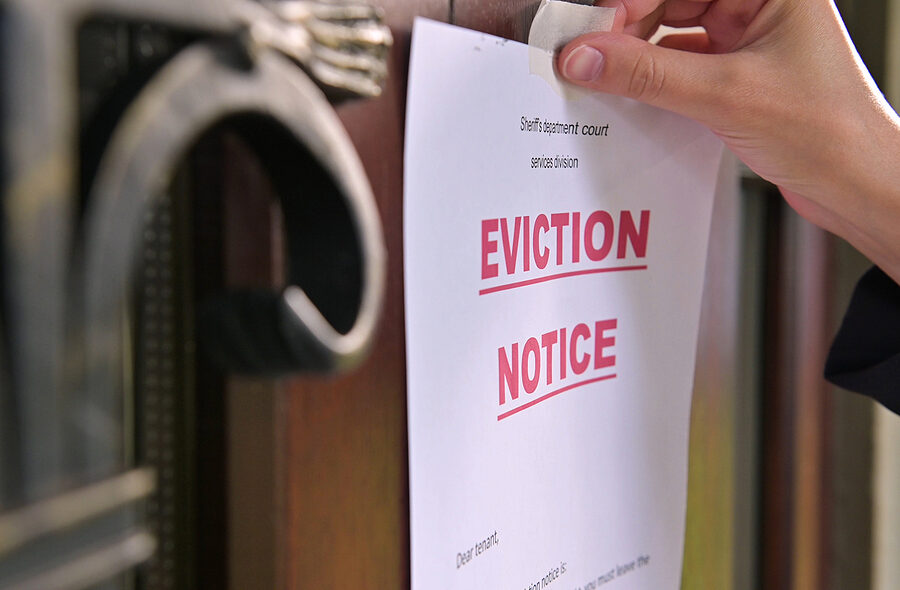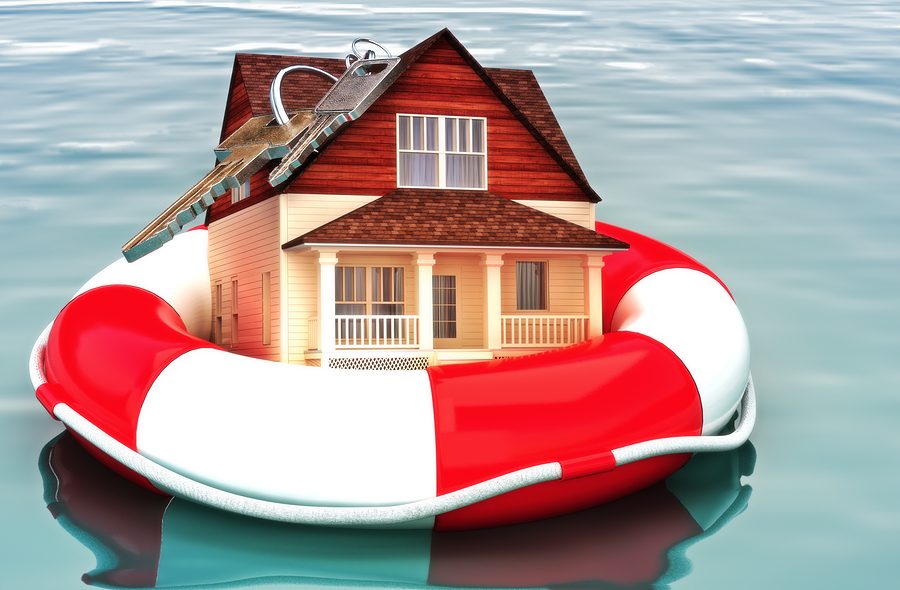Facing a foreclosure can be stressful enough but for a number of homeowners the banks where these loans originated added hidden fees on top of mortgages, after their cases were dismissed.
As a result, a class action lawsuit has been brought against the offending banks for these fees.
Zacarias Cabrera is one individual who is fighting several different banks over the past decade to keep his home from foreclosure. He is now a part of the class action suit. His troubles started in 2008 as he took care of his mother diagnosed with terminal cancer. He missed work due to having to his obligations and reached out to his bank after struggling to pay his mortgage. He was refused a loan modification, and the bank soon tried to foreclose on his home. The bank ended up dismissing the foreclosure case, but then it tried to foreclose again three years later. Again, the bank attempted to dismiss the case.
The problem came up when Cabrera noticed his monthly balance on his mortgage statements was much higher. After investigating further, he noticed the bank’s attorney fees were on the bill even though the case was dismissed on the bank’s motion. He is now facing a third foreclosure and has countersued for attorney fees that were added previously.
According to Florida law, to collect attorney’s fees, the individual must win the lawsuit and have the court specifically award these fees and costs as part of the ruling. If no winning party exists, it is assumed that each side is responsible for his or her own attorney’s fees.
The attorneys leading this class action lawsuit claim that adding these fees and not alerting the homeowner is a direct violation of the Florida’s Consumer Collection Practices Act. The banks should be aware of this fact, but are hoping borrowers’ will not know the difference.
In fact, it is happening quite frequently and has been said to be a result of the financial institutions taking advantage of the fact that the homeowners are not educated enough on the subject to know better or will not notice these fees on an already confusing billing statement.
If you have had a foreclosure case filed and then later dismissed by the bank, carefully review your statements. If any charges that are indicated as “corporate advances” or “legal fees,” it is highly possible that the bank has added these illegal fees to the statement. Contact an attorney as soon as possible and dispute these fees as soon as they are noted.
Click here to read more on this story.
Choosing the right attorney can make the difference between whether or not you can keep your home. A well-qualified Miami foreclosure defense attorney will not only help you keep your home, but they will be able to negotiate a loan that has payments you can afford. Miami foreclosure defense attorney Timothy Kingcade has helped many facing foreclosure alleviate their stress by letting them stay in their homes for at least another year, allowing them to re-organize their lives. If you have any questions on the topic of foreclosure please feel free to contact me at (305) 285-9100. You can also find useful consumer information on the Kingcade Garcia McMaken website at www.miamibankruptcy.com.






